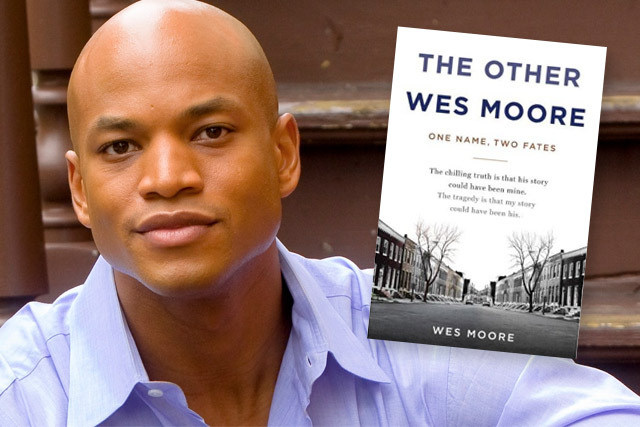I read two really excellent books this month, both of which I gave five stars to on Goodreads: David Mitchell's The Bone Clocks, and Laline Paul's The Bees. Readers may know Mitchell from Cloud Atlas, another great book which has been turned into an apparently terrible movie. (I haven't seen it.) Mitchell is hard to categorize. His writing is literary and often solidly realistic, but he always seems to wander off into the strange and speculative. In his writing I see shades of Margaret Atwood, Neil Gaiman, and Stephen King. But those just give you hints: he has his own totally unique style. He must be synesthetic because his metaphors and verbs sparkle with a mixture of senses that are rarely or never combined. You can practically chew on his language: "icicles drip drops of bright in steep-sloped streets from storybooks whose passersby have mountain souls" is a not-untypical example. (From The Bone Clocks.) But if that sounds distractingly ornate, don't worry: he is a nimble stylist and enjoys playing with every kind of mood and form. He's funny, he's dark, he's just-the-facts, he's show-offy, he's dry, he's wet. In Cloud Atlas he toys with channeling completely different genres in each section. In The Bone Clocks he sticks pretty much to one tone—though, echoing Cloud Atlas, he does have a number of narrators who each bring a slightly different style to the prose. I'm in love with his writing enough now that I'm simply going to commit myself to reading his entire body of work. (Not a difficult job: he only has a half-dozen novels or so.) Right now I'm reading Black Swan Green, an earlier work. It's got one narrator, a teenage boy, and is stylistically very unified. So far.
OK, OK. I hear you. "Stop whittering on about the style, woman! Tell us the plot!" Well. In The Bone Clocks there's this girl, Holly Sykes. And she's a normal English teenage girl, except she's telepathic, and some psychic vampires discover her and she gets caught up in a temporal war between good immortals and bad immortals. I feel like it's rude to say I was reminded quite a bit of the HBO show True Blood, but I was ... at least in the "battle of immortals + psychic mortal" aspect.
| "I'm just a waitress!" |
| No judgy-judgy! |
Since the last Coffeehouse I have also read, for the record, Sarah Bird's The Yokota Officer's Club, a lightly fictionalized memoir of her stint as a military brat on an Air Force base in Japan; Miss Lonelyhearts by Nathaniel West, about a disillusioned and dissolute young journalist during the Great Depression; and Snow Crash by Neal Stephenson, about a pizza deliverer who quickly morphs into sword-wielding computer-hacking badass. But actually it's about viruses. But actually it's about memes and language. But actually it's about a libertarian dream-nightmare of a corporate-owned America ... oh hell, that one you just have to read for yourself to sort out. All of these were fascinating books in their own right.
Happy reading, everyone! Off to see what everyone else read/loved this past month.








